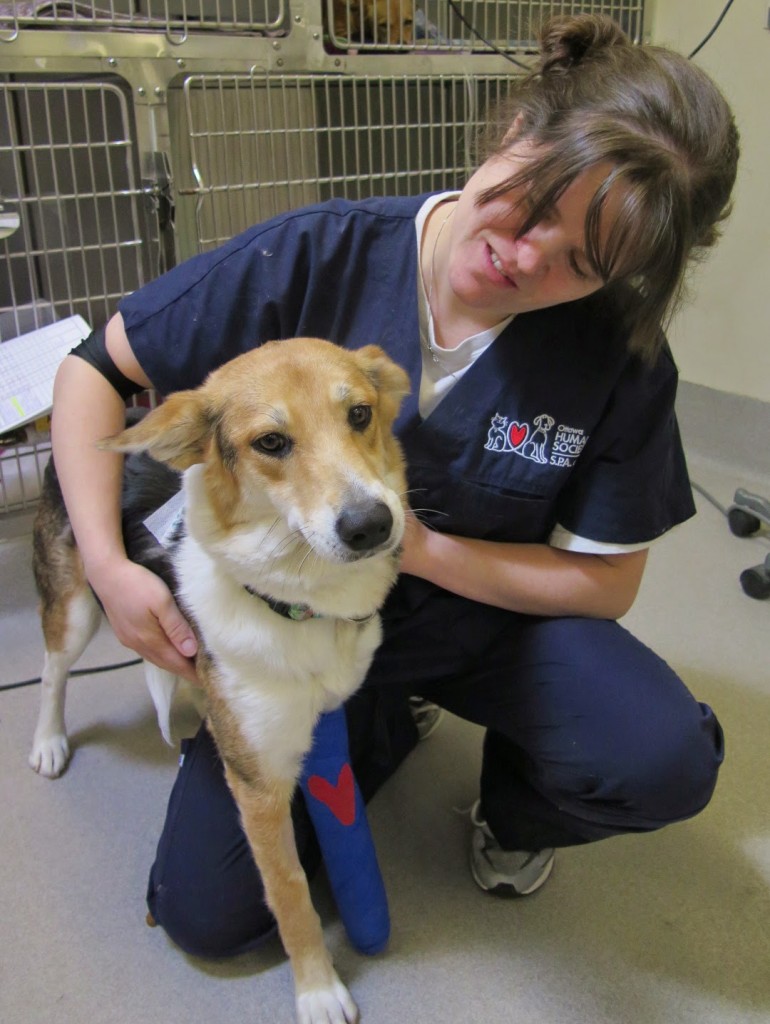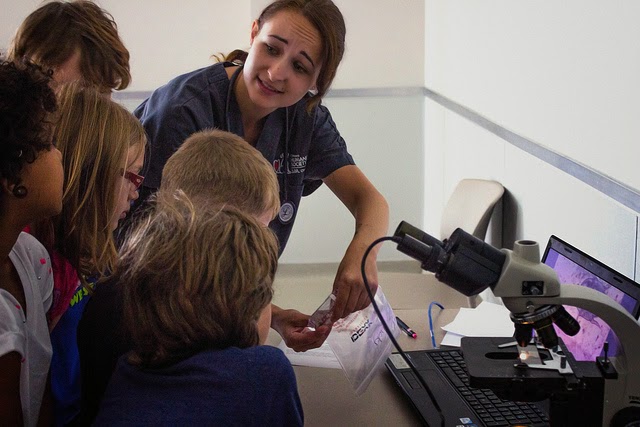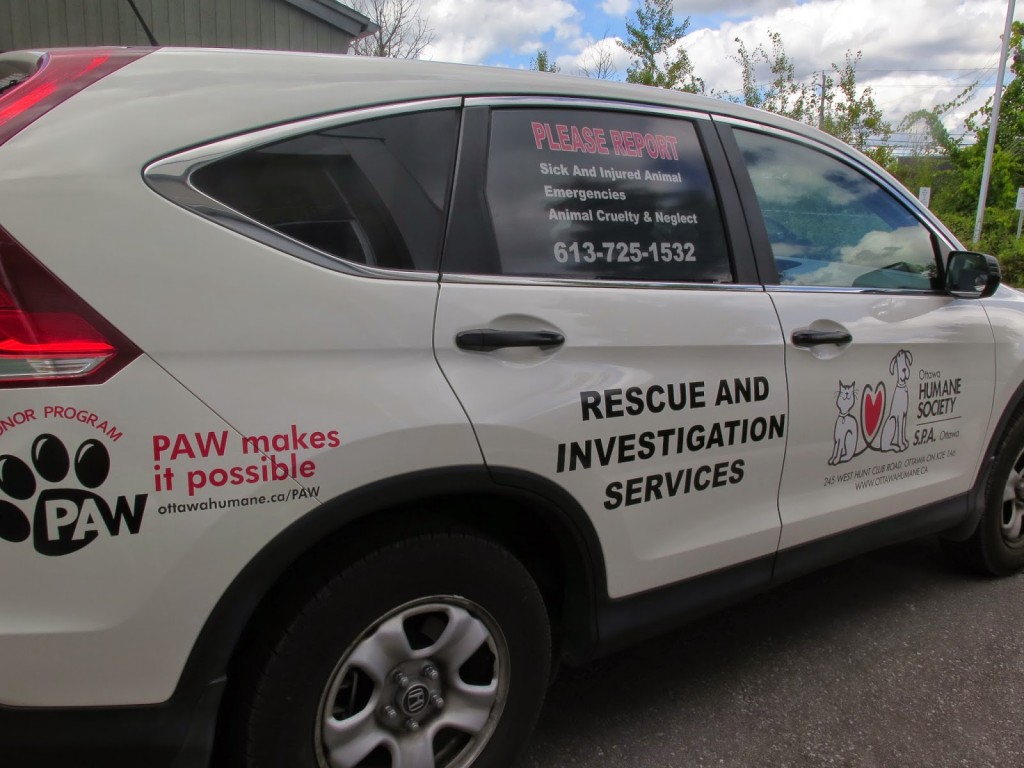April 20, 2015
Ethical Decisions
 |
| OHS work is complex, from animal care … |
When I started at the Ottawa Humane Society 15 years ago, I fell into the trap that almost everyone does, whether new staff, board member, or volunteer. It was, “How complicated could this be? It’s taking care of dogs and cats.” Yikes! Was I wrong. The answer is, VERY complicated.
 |
| …to humane education.,. |
So how, if you are me, do you make a good decision in this environment? Well, first I think that you have to be open to the idea that you might get it wrong now and again. Second, I think you always have to remember who we are serving—the animals—and where the needs of the person conflict with the needs of the animals, we have to be on the animal’s side. Third, and this is key, I think you have to rely on a good moral compass. Maybe you can’t always be right, but you can always be ethical.
 |
| …to Rescue and Investigation Services. |
When facing a difficult decision, I often think, “Could I defend this decision on the front page of the Ottawa Citizen?” If the answer is no, then it is a bad decision. This has been very helpful for me over the years. A while back, a small controversy arose about our policy of not allowing foster volunteers to adopt their charges except in certain exceptional circumstances. I took a bit of heat about this. But here is what I considered: Can I defend the reasons for the policy? Yes. Can I defend allowing OHS insiders to move to the front of the line? No. The decision may not be perfect. But it is ethical. And making ethical decisions is one the things that will sustain the OHS, so we can be here for the animals for years to come.
OHS Executive Director
